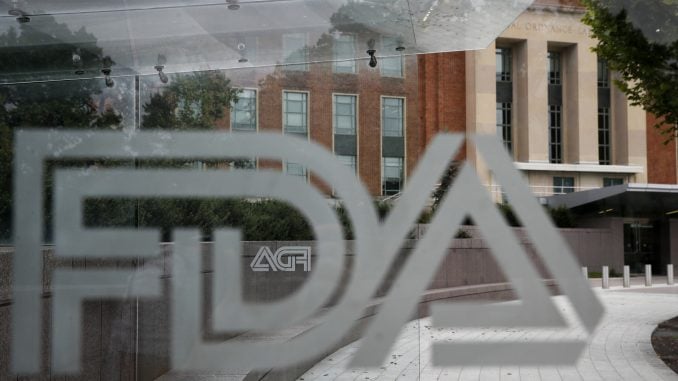
RALEIGH — The National Association of State Departments of Agriculture (NASDA) recently highlighted the importance of swiftly outlining regulations for hemp products in comments sent to the U.S. Food and Drug Administration (FDA).
NASDA wrote that while the hemp industry is undeniably booming, “it will only become economically viable to American farmers and ranchers in the United States if a well-defined regulatory framework for its products is developed.”
Prior to 2018, hemp was part of the federal Controlled Substances Act. The 2018 Farm Bill removed hemp from the act and moved regulatory jurisdiction from the Drug Enforcement Administration to the FDA under the Federal Food, Drug and Cosmetic Act.
Joe Reardon, Assistant Commissioner for Consumer Protection at the N.C. Department of Agriculture, told North State Journal some concerns are, “initially the FDA had said that it’s illegal to include CBD in a food product. Likewise, it’s also illegal to include CBD in a nutritional supplement.”
Reardon confirmed that his department has asked the FDA to provide clarity around that particular issue and, equally as important, to provide a clear pathway to allow these products to come to market.
The FDA has not identified CBD as a nutritional supplement or food additive but has regulated the substance as a drug. According to the FDA, Epidiolex, which is derived from the Cannabis sativa L. plant, is the only FDA-approved drug product that contains CBD.
Consequently, several pathways for hemp products to continue in the marketplace have not been approved. Most cosmetic products and ingredients are not subject to premarket approval by the FDA. While certain cosmetic ingredients are regulated, there is no cosmetic regulation for cannabis or cannabis-derived ingredients.
According to Reardon, NASDA is asking the FDA to revisit that decision or to provide an alternative pathway for those products to make their way into the marketplace.
In their comments to the FDA, NASDA called attention to a recent study published by BDS Analytics and Arcview Market Research, which states, “as applications for CBD are brought to market across diverse industries such as cosmetics, health products, food and beverage, pet products, skin care, and pharmaceuticals, the collective market for CBD sales is expected to exceed $20 billion in the United States by 2024.”
However, without clear federal regulations in place, the ability to sell these products across state lines could be hindered, proving to be detrimental to the hemp industry. As far as what is currently taking place in the N.C legislature affecting the hemp industry, there are several aspects of the farm act being considered, determining exactly how hemp will be managed and handled within the state.
Recently, state leaders have been debating whether smokable hemp will be banned or given a brief window until Dec 2020.
Originally, this year’s state Farm Act postponed the ban of smokable hemp in order to give law enforcement more time to develop an accurate field test that could distinguish between hemp buds and marijuana.
Another concern within the industry is if and how the quantity of acres in hemp production will be regulated. Curiosity has risen about whether or not the USDA will put in a system for hemp that is similar to the tobacco allotment system. However, Reardon told North State Journal that those regulations aren’t anticipated to come out until the end of the year. He said they “look forward to seeing what those regulations will look like.”
The N.C. Department of Agriculture’s ability to “develop and write rules for the governance of the extraction process and reconstitution labeling of cannabinoid related compounds and within that would be CBD oil type products” is also a concern, Reardon acknowledged.
That state-level regulation of hemp is the primary concern driving NASDA’s request for a federal regulatory framework. According to a release from the group, “if no federal action is taken, states will be forced to develop regulatory structures for the products, and the result will be a patchwork and an inability to potentially sell across state lines.” In their official comments to the FDA, NASDA said it is “hopeful that FDA will establish a regulatory pathway that provides much needed clarity to consumers, industry, impacted stakeholders, as well as state co-regulators.”
“The FDA needs to develop guidelines as far as what chemicals we can spray and what residual levels are legal in the end product,” said Eastern N.C. hemp farmer, Zack Whitfield of IWWhitfield Agri-Ops. He farms tobacco, sweet potatoes, corn, beans, wheat and hemp alongside his father and brother in Moss Hill. Whitfield said he believes once regulations are in place, “those rules can act as a foundation for the industry to actually go somewhere.”



